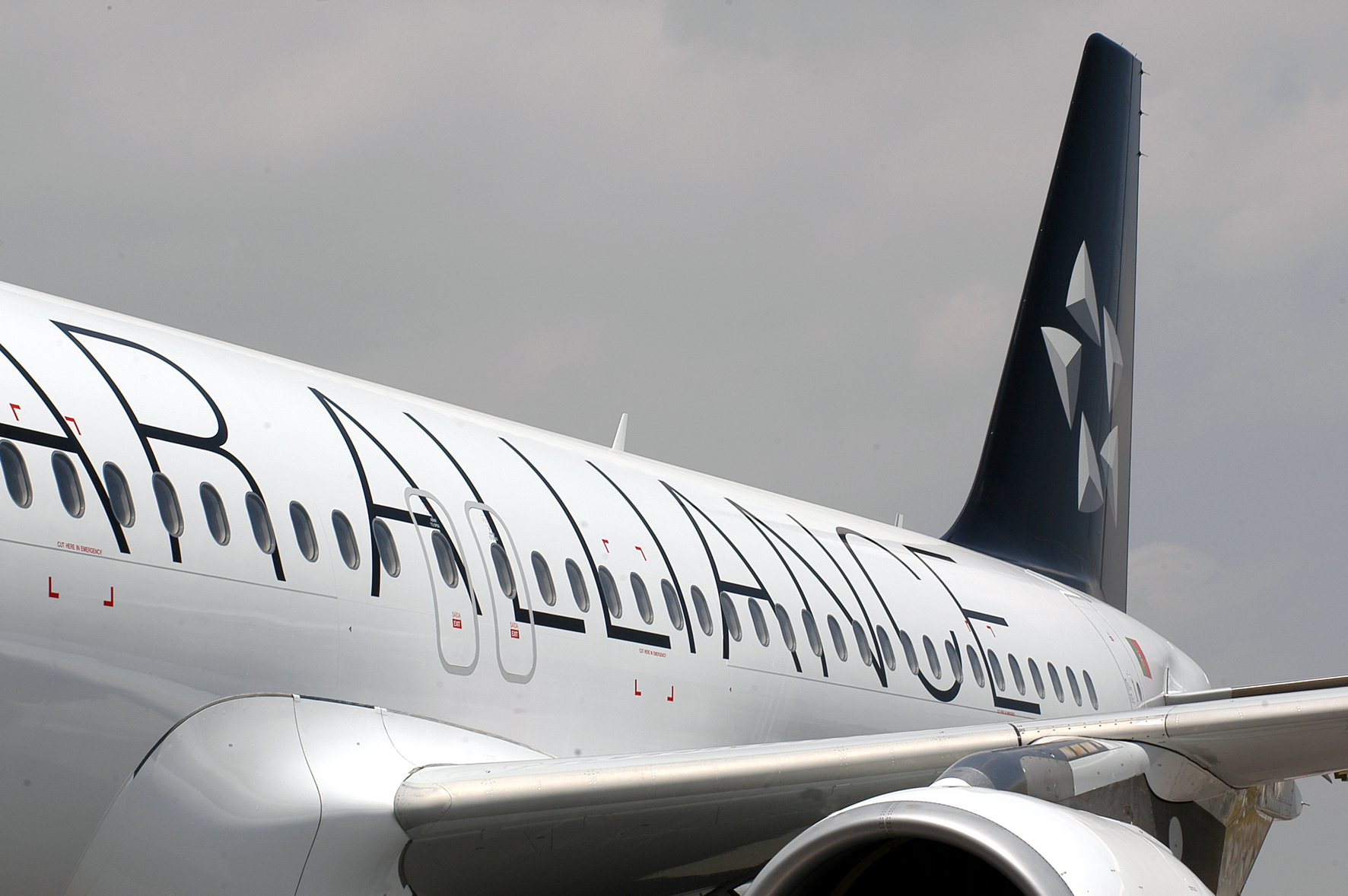Indonesia will have a total of 14 public holidays with additional 5 days of joint leave (practically meaning additional public holidays) in 2012.
This follows the joint decree issued by the Minister of Religious Affairs, the Minister of Human Resources and Transmigration, and the Minister of State Officials Empowerment and Bureaucratic Reform on July 13.
Indonesia’s public holidays are largely made up of religious festivals, such as Hindu’s Nyepi (Day of complete silence) or the Christian Good Friday. As expected, in a country with a Muslim-majority population, there are more public holidays for Islamic festivals. Muslim festivals are timed according to local sightings of various phases of the moon and so if dates are given, they are approximations. Buddhist festivals are also timed according to phases of the moon and variations may occur.
Other public holidays include international holidays such as New Year day, or national holidays such as The Proclamation of Independence. Here is the list of Public Holidays in Indonesia for 2012:
New Year’s Day, January 1
New Year’s Day is the first day of the New Year. On the modern Gregorian calendar, it is celebrated on January 1. Almost all countries use the Gregorian calendar as their main calendar.
Chinese Lunar New Year, January 23
Chinese New Year’s celebration in Indonesia is known locally as Imlek Day. Some parts of the country, such as Singkawang in Kalimantan, , Semarang, and others, celebrate this in grand festivities. Chinese New Year was not considered a national holiday before 2002.
Maulid Nabi or The Birth of Prophet Muhammad SAW, February 5
Falls in the month of Rabi’ al-awwal in the Islamic calendar; the Maulid Nabi commemorates the birthday of the prophet Muhammad pbuh.
Day of Silence (Nyepi), March 23
Celebrating the turn of the Hindu Saka Year, Nyepi is one of the most significant religious events for Balinese Hindus. This year, it celebrates the coming of the Saka New Year of 1931. From 6:00 am until 6:00 am the next morning, the island of Bali will plunge into complete silence, with no air, sea, and land traffic allowed, all lights and fires dimmed, and no activities on the beach. The night before there will be celebrations along the beaches.
Good Friday, April 6
Good Friday is also called Holy Friday, Black Friday, or Great Friday. The day is observed by Christians throughout Indonesia, especially in Christian-dominated regions such as in Toba, Manado, Ambon, and Flores. Special commemoration of this religious day can be observed at Larantuka Flores, known locally as Semana Santa.
Vesak Day, May 6
Vesak is an annual holiday celebrated traditionally by practicing Buddhists in Indonesia. This is a Buddhist holiday to commemorate the life and death of Gautama Buddha, the founder of Bhuddism. It actually represents the birth, enlightenment (Nirvana), and passing away (Parinirvana) of Gautama Buddha. Commemoration ceremonies are focused at Borobudur and the Mendut temple in Central Java.
The Ascension of Jesus Christ, May 17
The Ascension of Jesus in the Christian teaching is found in the New Testament when the resurrected Jesus was taken up to heaven in his resurrected body in the presence of eleven of his apostles, occurring 40 days after Easter day.
Isra Mi’raj, The Ascension of Prophet Muhammad SAW, June 17
The Isra and Mi’raj are the two parts of a Night Journey that, according to Islamic tradition, Prophet Muhammad took during a single night around the year 621. Commemorated every 27 Rajab, according to the Islamic Calendar, the celebrations around this day tend to focus on children and the young. Children are gathered into a mosque and are told the story of the Isra and Mi’raj.
Independence Day, August 17
August 17 is celebrated across the country, from small, remote villages to all major cities. Known as the day of the birth of the Republic of Indonesia, Independence Day celebrations are filled with numerous vibrant festivities. Official ceremonies are held at the Merdeka Palace in Jakarta, officiated by the President.
Eid ul Fitr, August 19-20
Eid ul-Fitr (Id-ul-Fitr), is the biggest and most important Muslim holiday that celebrates the completion of Ramadhan, the Islamic holy month of fasting. Eid in Arabic means “festivity,” while Fitr means “to break the fast,” so the holiday symbolizes the breaking of the fasting period. During this period, people, especially in large cities, leave town and visit relatives in villages and home towns. The annual trek involves millions of people around the country, especially on Java and Sumatra.
Eid-al-Adha, October 26
Eid al-Adha, “Festival of Sacrifice” or “Greater Eid,” is a Muslim holiday celebrated by Muslims worldwide to commemorate the willingness of Ibrahim to sacrifice his son Ismael as an act of obedience to God. Eid al-Adha annually falls on the 10th day of the month of Dhul Hijja of the Islamic calendar. This day come approximately 70 days after the end of the month of Ramadan. On this day, thousands of cattle and goats are sacrificed and distributed to communities, in remembarance of Ibrahim’s(Abraham’s) sacrifice.
Muharram, November 15
The Islamic New Year is a cultural event which Muslims observe on the first day of Muharram, the first month in the Islamic calendar.
Christmas, December 25
Although Indonesia is a predominantly a Muslim country, Christmas is a national holiday for Christmas in Indonesia. Christians throughout the country celebrate by attending church services. Christmas is normally celebrated in the family circle. At the end of the year, shopping centers are decked in their finest to lure shoppers, and malls are filled with bargain-hunters. Manado in North Sulawesi usually stages special Christmas celebrations.
Official Joint Leave Days in 2012
Besides the above days, Indonesia also knows Joint Leave days, which are practically public holidays. They are usually given as an extension of Eid-al-Fitri to allow people to spend time in their home towns, or when a working day is squeezed between a public holiday and a weekend. Official Joint Leave days are, therefore, as follows:
May 18, official leave for the Ascension of Jesus Christ; August 21-22, official leave for Eid-Al Fitri; November 16, official leave for Islamic New Year; and December 24, official leave for Christmas.
WHAT TO TAKE AWAY FROM THIS ARTICLE:
- The Ascension of Jesus in the Christian teaching is found in the New Testament when the resurrected Jesus was taken up to heaven in his resurrected body in the presence of eleven of his apostles, occurring 40 days after Easter day.
- This follows the joint decree issued by the Minister of Religious Affairs, the Minister of Human Resources and Transmigration, and the Minister of State Officials Empowerment and Bureaucratic Reform on July 13.
- The Isra and Mi’raj are the two parts of a Night Journey that, according to Islamic tradition, Prophet Muhammad took during a single night around the year 621.






















